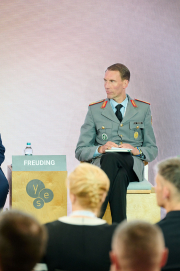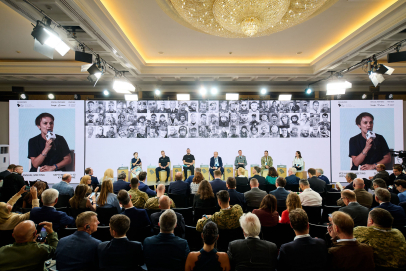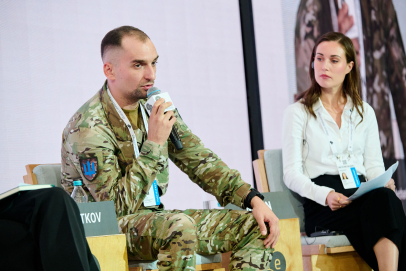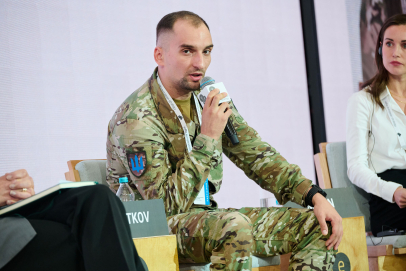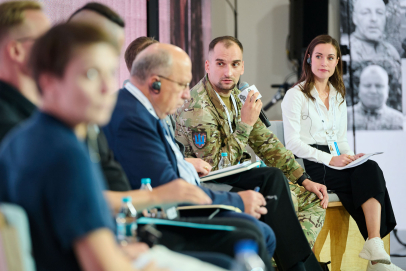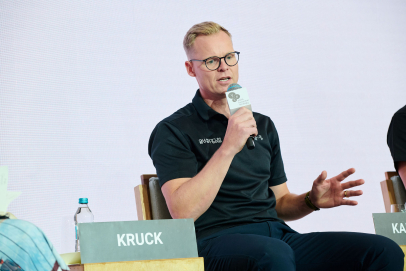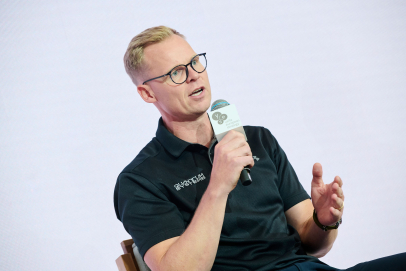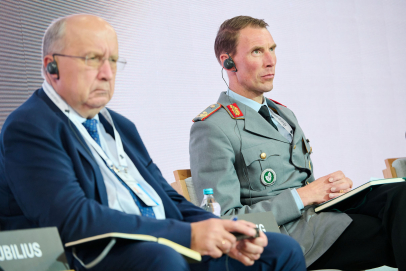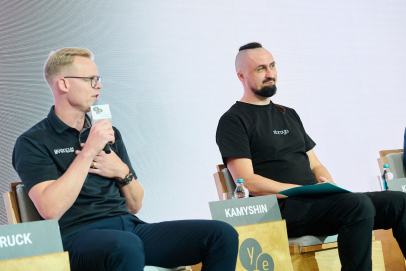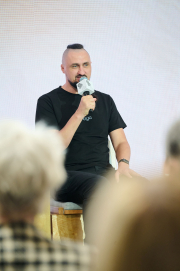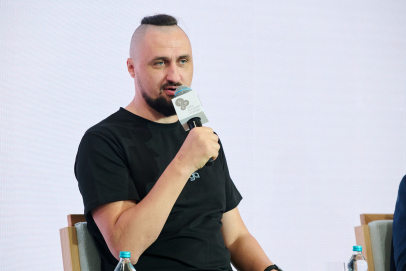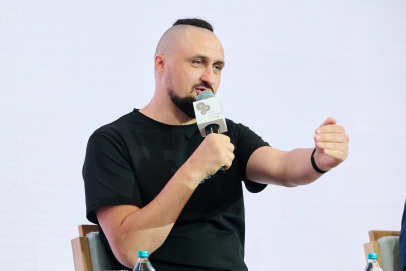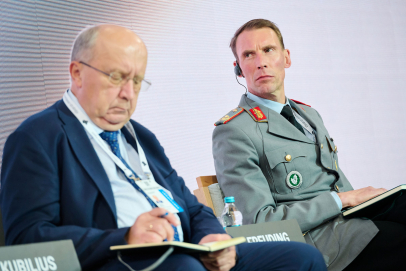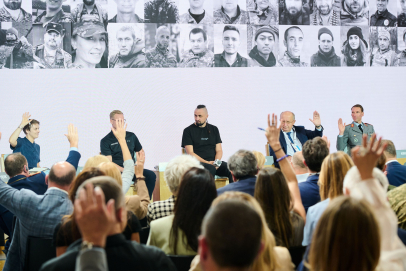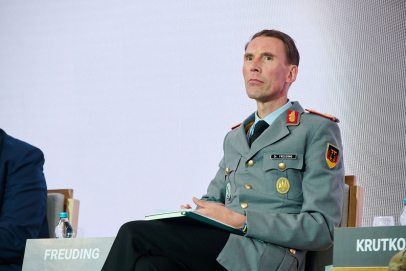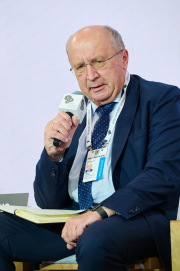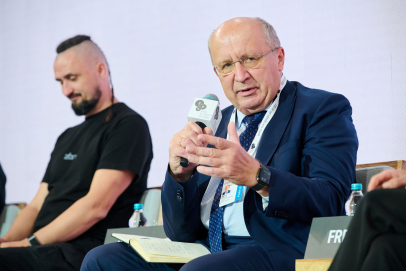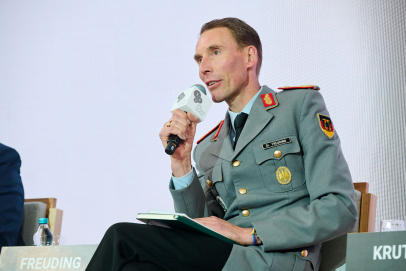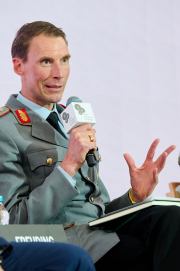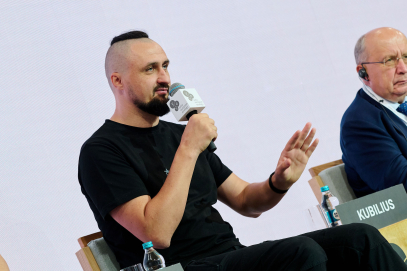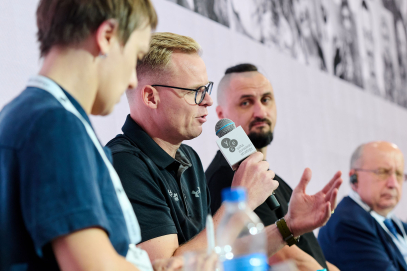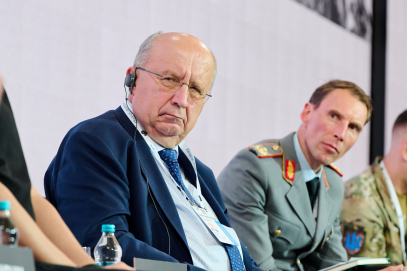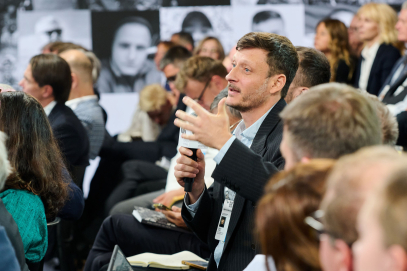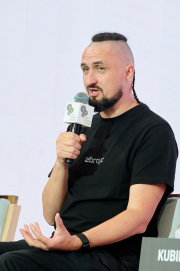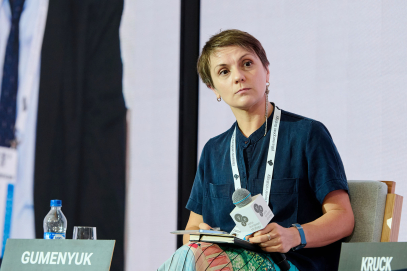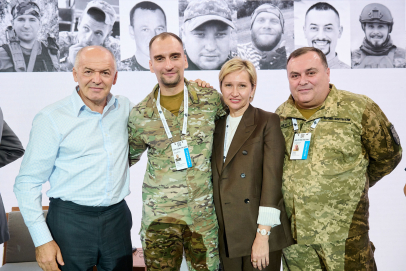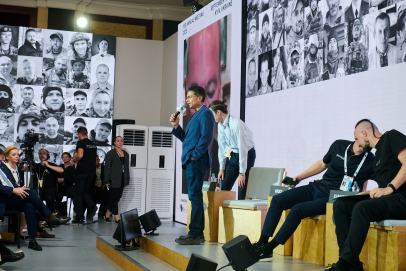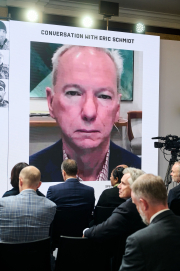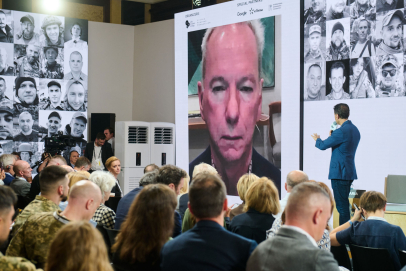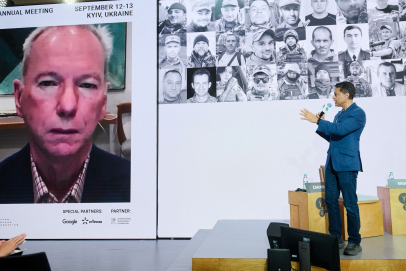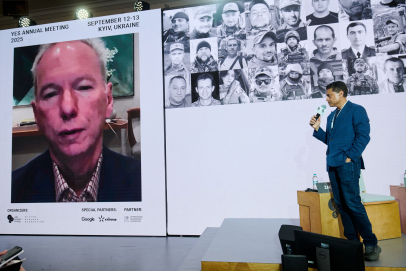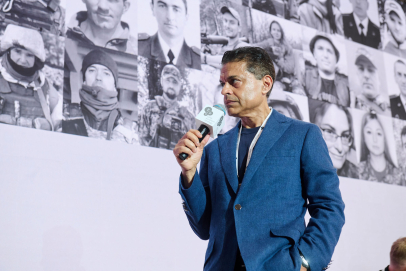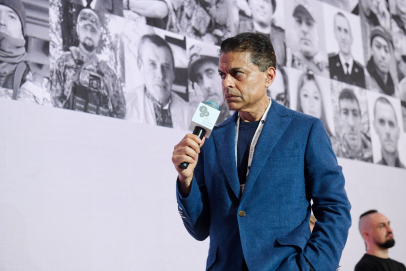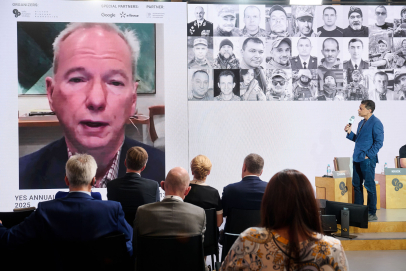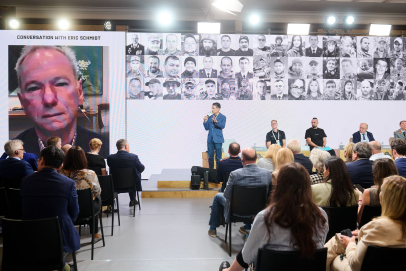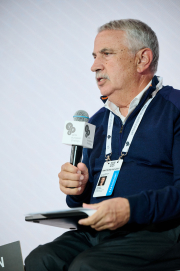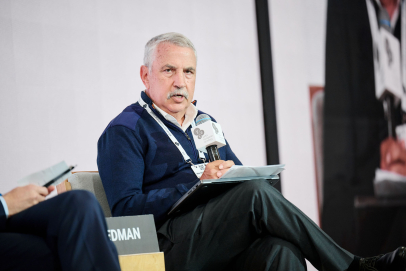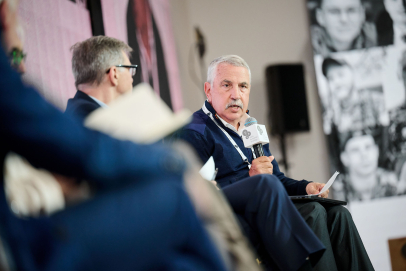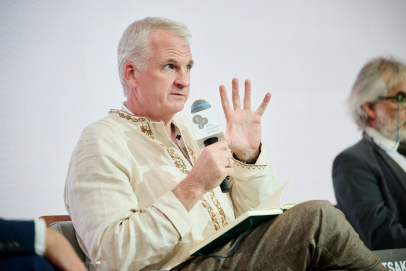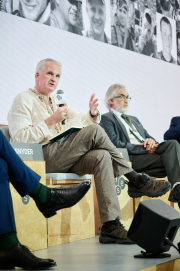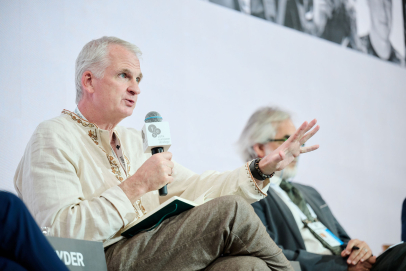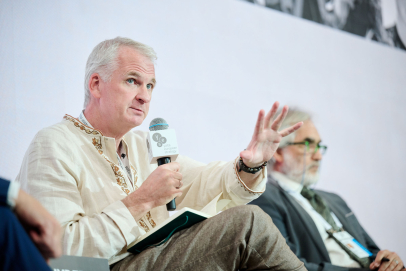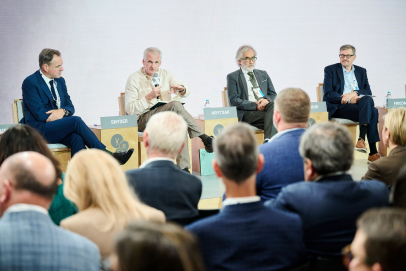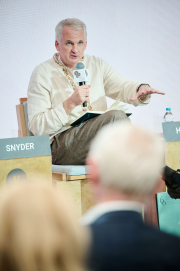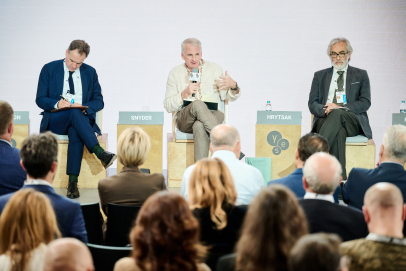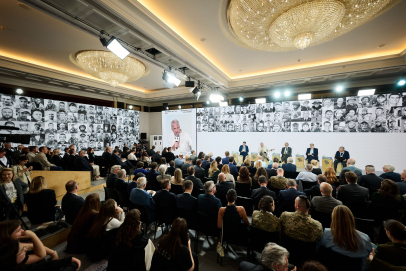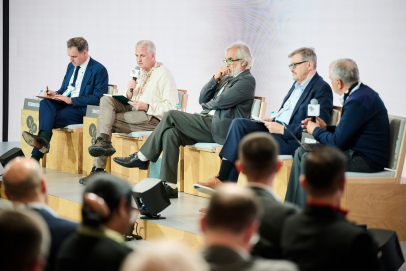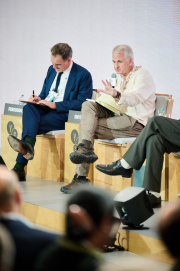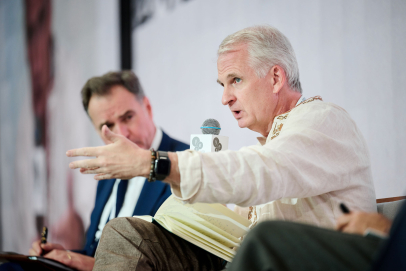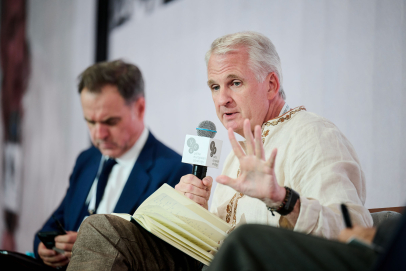Press about us
Ukraine: Seeking a Path out of War
The fighting in Ukraine has destroyed a major industrial region, stopped the flow of coal to the power sector, and taken thousands of lives. Perhaps the recent deaths of Russian soldiers fighting in Ukraine may give President Putin the impetus to abide by the most recent ceasefire. For Putin the issue is a projection of Russian power. For Ukraine it is a matter of national sovereignty and the integrity of the Ukrainian state. The international community is slowly recognizing that the viability of institutions of global and regional governance may also hang in the balance.
War and politics have debilitated the energy sector of Ukraine, one of the world’s least energy efficient economies. In June, Russia cut off all gas flows to Ukraine over a contract dispute, the third such disruption since 2006. If there is a bright side in this conflict, it is in provoking massive energy reforms that will loosen the power Moscow can exert over Kiev. The war alone has contracted natural gas demand by more than 15 percent. Implementation of gas pricing reforms passed in May could compress demand by another 5 percent. With support from the EU and United States, Ukraine has expanded “reverse” gas pipeline flows from central Europe which allow it to tap alternative gas supplies, most recently adding a 10 billion cubic meter (bcm) line from Slovakia.
If all capacities are put to use, Ukraine could in the next year make up more than half its Russian gas imports in 2013. Combined with a focused effort to build gas inventories, Ukraine could achieve a surprising outcome: it could have enough gas to get through most of the coming winter. It still could use Russian supplies, but this buffer creates more time for the EU to help Russia and Ukraine broker a deal where all sides win: Russia gets paid, Ukraine gets gas, and Europe gets stability.
But longer term, reducing Ukrainian and European reliance on Russian natural gas must remain a top priority if the region is to limit Moscow’s ability to constrict and increase gas supplies to further its political goals. Germany, Poland, Austria and Romania got another reminder of this on September 11 when Russia reduced gas flows under existing contracts, oddly at a time when gas prices are low and alternative supplies are abundant. Was this a clumsy attempt to suggest what further measures might come if Europe continues to help Ukraine with reverse flows of natural gas in the winter?
There could not have been a more poignant impetus for Europe to accelerate a still unfolding strategy to diversify energy supplies. While Europe depends on Russian gas for a third of its consumption, Russia has almost no alternative to the 220 billion cubic meters in gas export capacity it has built to Europe: a mere 14 bcm to Asia, and the promise of another 38 bcm in ten years through a recent supply agreement with China. If Europe is to diversify, it should do it now as Russia uses the next decade to respond to growing Asian energy demand. As part of its work on the issue, Columbia University’s Center on Global Energy Policy will release a study next week that examines how US exports of liquefied natural gas, along with European investment and policy action, can weaken the impact of Russia’s energy weapon.
The international community is awakening every day to the consequences of Russia’s war in eastern Ukraine. Russia’s veto in the UN Security Council has made it a feckless tool in this crisis. Russia’s unwillingness to join consensus on many meaningful measures at the Organization on Security and Cooperation in Europe has blocked steps to put neutral observers on the ground to defuse the conflict. Russia’s games with gas supplies will now heighten international concerns. These factors are the wider backdrop to the tougher sanctions that the United States and Europe announced this past week against Russia: the issues have surpassed just a conflict in eastern Ukraine.
Ukrainians are seeking international help. They face a daunting task of fixing an economyand political system wracked by corruption and mismanagement during Viktor Yanukovich’s presidency. The Ukrainian people are now trying to find the means to rectify their problems – on their terms. Pursuing further energy reforms that can rebalance the relationship between Russia and Ukraine is an essential first step.
***
(Ambassador Carlos Pascual is a Fellow and Senior Research Scholar at Columbia University’s Center on Global Energy Policy. He previously served as U.S. Ambassador inMexico (2009-2011) and Ukraine (2000-2003). As Special Envoy and Coordinator for International Energy Affairs, Pascual established and directed (2011-2014) the State Department’s Energy Resources Bureau and was the senior advisor to the Secretary of State on global energy diplomacy.)























































